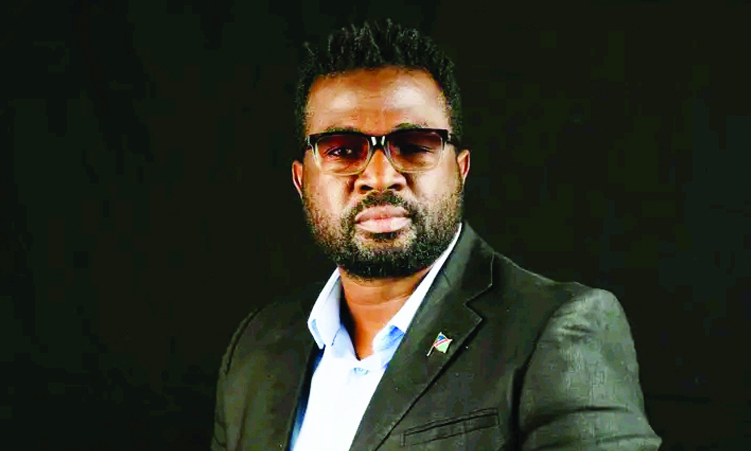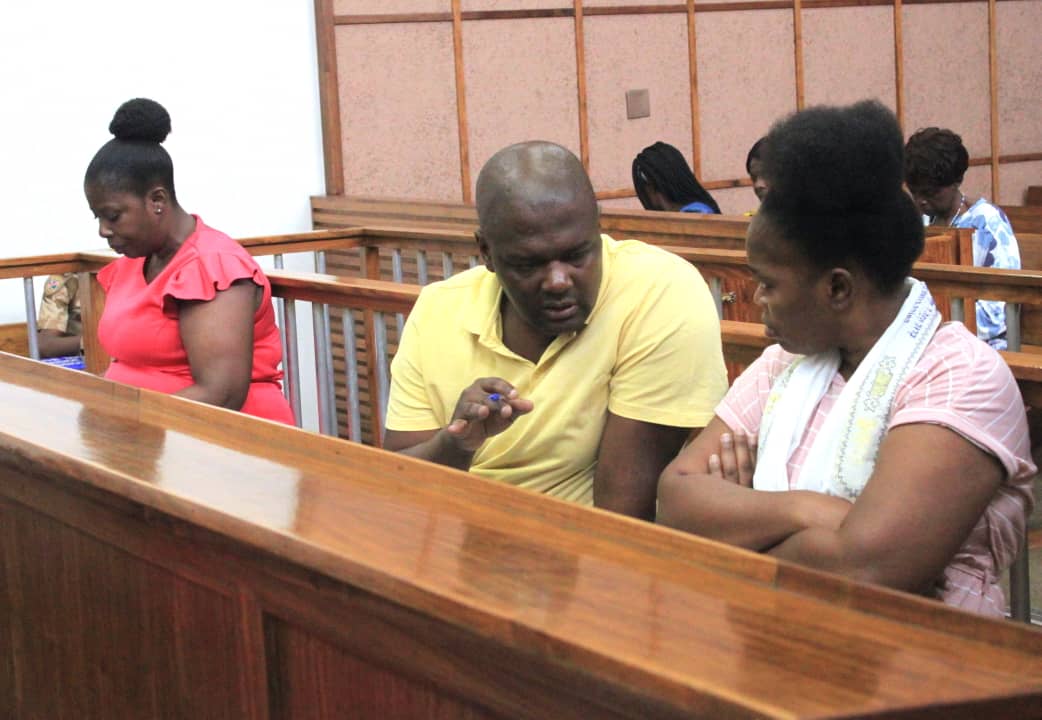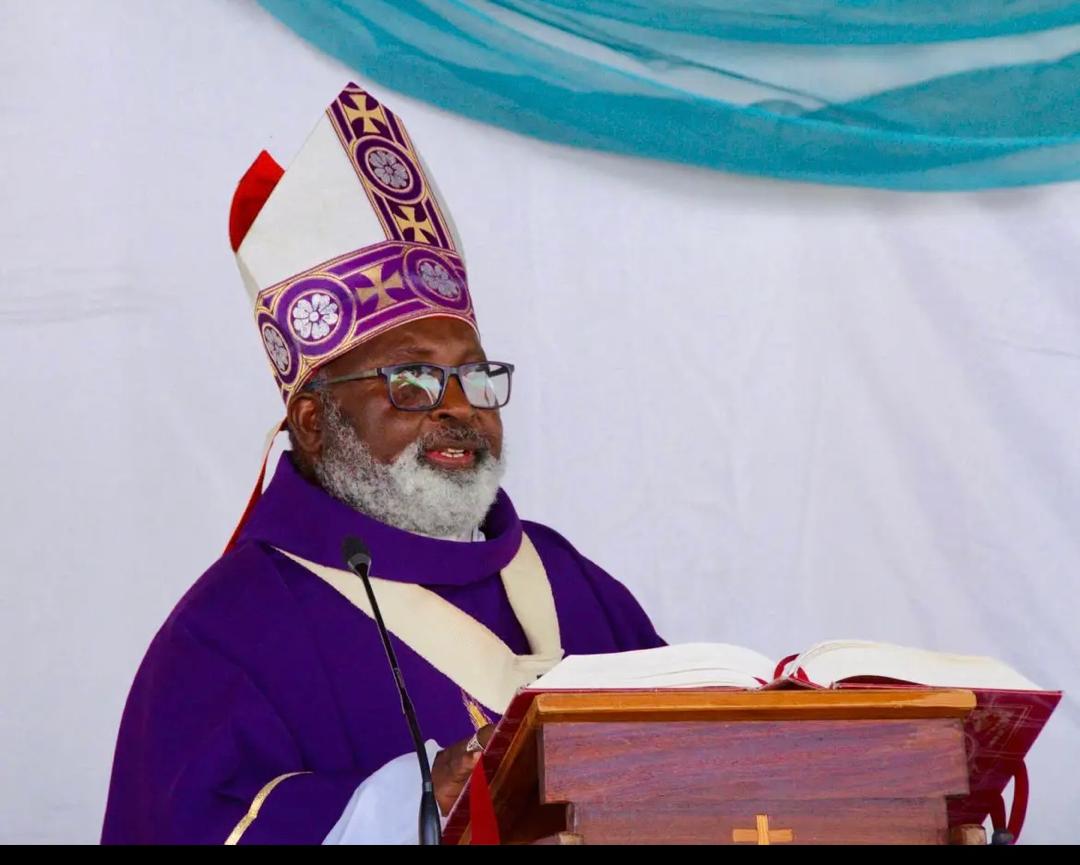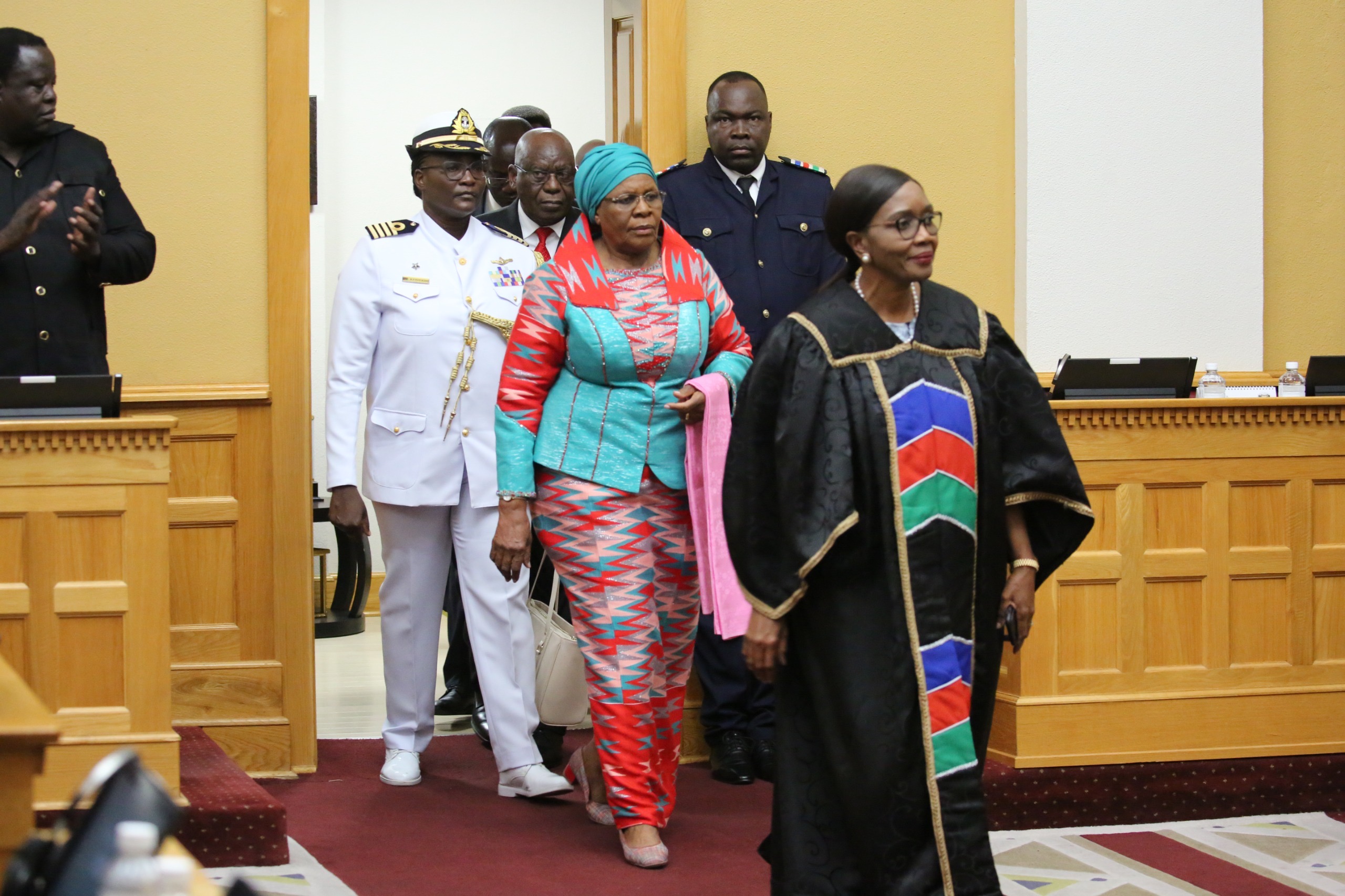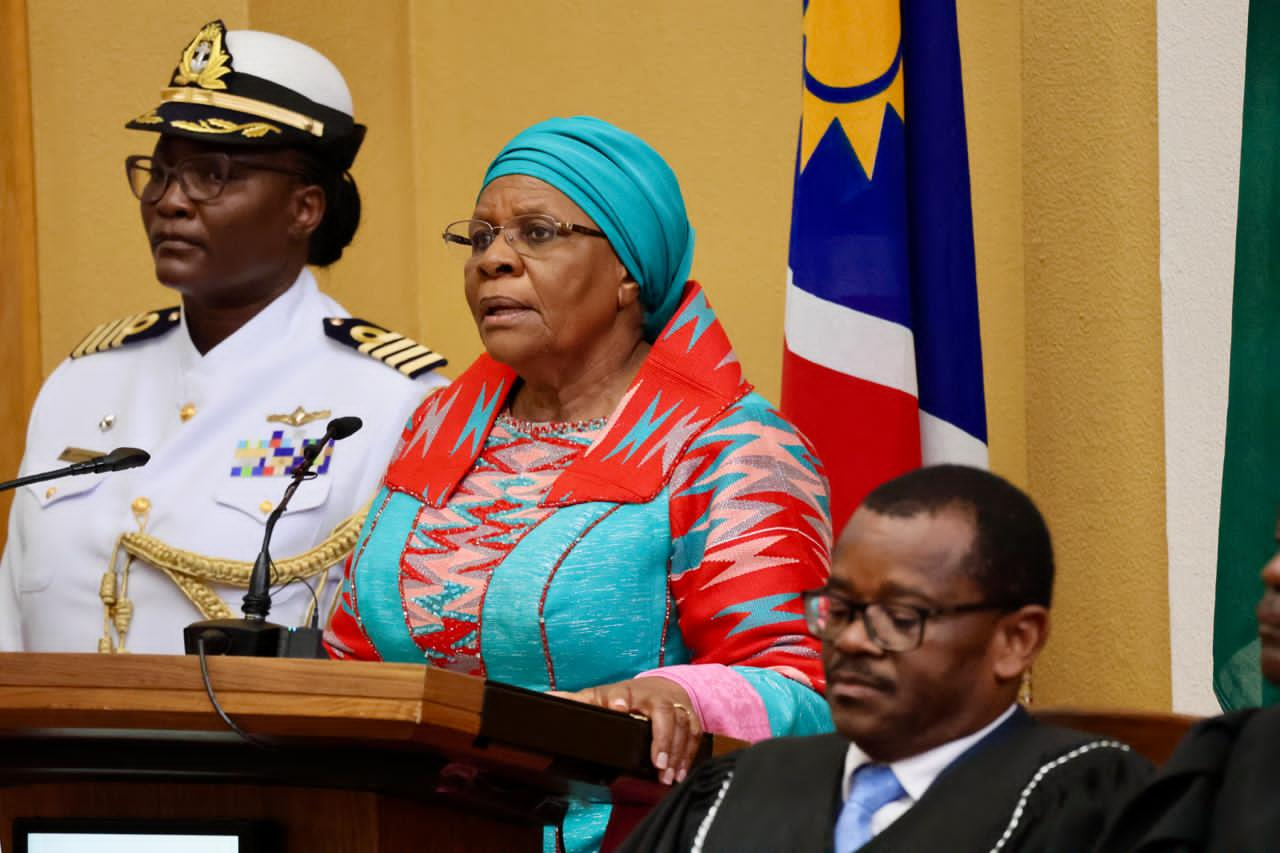Independent Patriots for Change (IPC) leader Panduleni Itula yesterday appointed his party’s shadow home affairs minister as the leader of the official opposition in Namibia’s parliament.
IPC national spokesperson and shadow minister of home affairs, immigration, safety and security Imms Nashinge will occupy the highly debated position in the National Assembly.
The move drew the ire of other opposition parties, which said it would create two centres of power within the party.
This comes after Itula last week said the party will not take up this position as it was created unconstitutionally by the president, and he would not engage in unlawful practices.
Itula said the decision to finally appoint an official opposition leader comes after discussions with senior party members to allow the parliament to carry out its mandated functions.
The IPC said Nashinge will be the leader of the official opposition while the party continues to challenge the matter in court.
‘NASHINGE VS ITULA’
National Unity Democratic Organisation secretary general Joseph Kauandenge yesterday told The Namibian the move creates two distinct centres of power in the party.
“This U-turn is a creation of two sets of power within the party, and you know what that means. Nashinge and Itula are going to fall out eventually because one is in parliament and one is not,” he said.
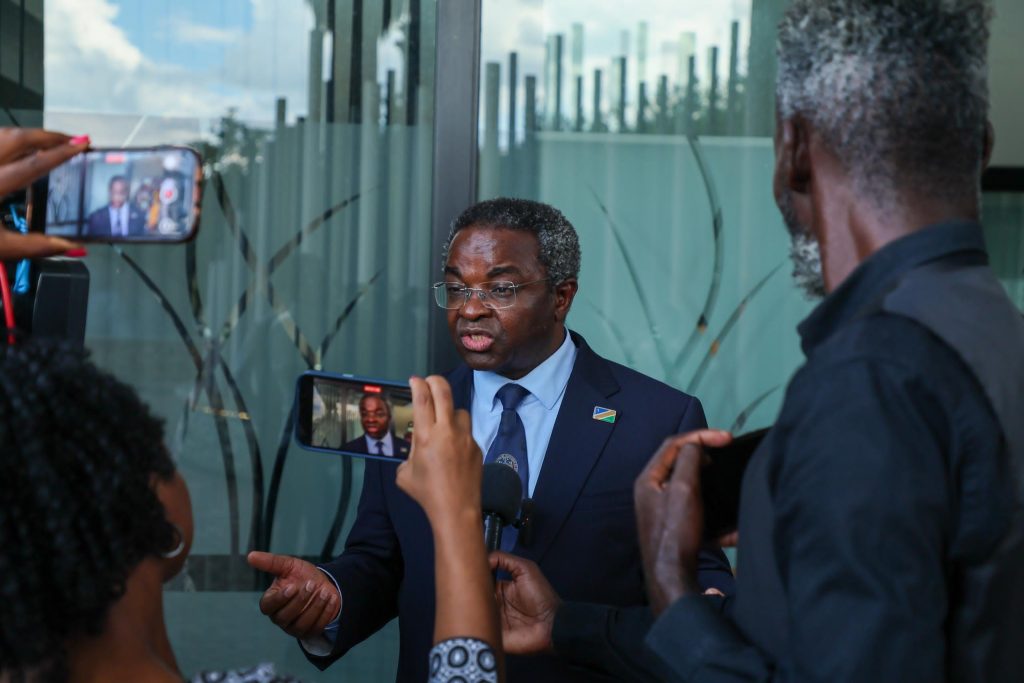
Kauandenge said it will be difficult for Nashinge to fully exercise his authority as leader of the official opposition as he would be compelled to constantly consult Itula.
“But let’s see how it will play out,” he said.
Kauandenge said Nashinge will be representing the party at state events.
Former official opposition leader Popular Democratic Movement president McHenry Venaani has described Itula as a political flip-flopper.
“How did the position suddenly become constitutional and legitimate? Itula cannot rewrite rules of governance . . ,” he said yesterday.
Venaani, however, congratulated Nashinge on his new role.
He also said no leader of the official opposition can demand more power in a competitive democracy.
Public policy analyst Rui Tyitende says symbolically, the IPC now has two leaders.
He says Nashinge will represent the opposition at state events, and will be more powerful in the books of government than Itula.
“Nashinge will be entitled to an office, personal or administrative assistant, a motor vehicle, a driver, and a bodyguard. So he will have more material clout and status than his boss,” he says.
“More importantly, the other IPC members of parliament will gravitate towards Nashinge . . . That was Itula’s biggest fear and it has come to fruition,” Tyitende says.
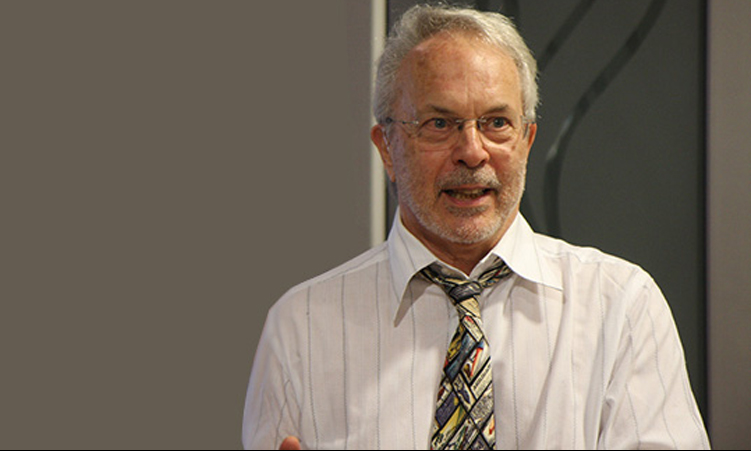

Labour expert Henning Melber says: “Following the IPC to-and-fro it seems confusion reigns. But incoherence is not a good strategy for an efficient official opposition.
“How will they communicate when in the National Assembly some dynamics unfold during a debate which would require a prompt ad hoc positioning of the IPC?”
The announcement, he says, also backtracks on the initial principled position articulated by Itula.
Melber says it suggests the party has not properly thought through the role.
He says it was a serious strategic mistake, which weakens the official opposition.
It confirms earlier blunders when Itula showed a degree of creativity when it comes to policymaking and constitutional principles, which are reasons for concern, Melber says.
Another political analyst, Sakaria Johannes, says the IPC is a young political organisation and is still learning.
“It is for these reasons I can say they are still figuring things out.
They challenged the position, however, I think they went back to sit and discuss, henceforth they agreed to have a leader of the opposition in parliament,” he says.
Johannes says he does not foresee conflict between Nashinge and Itula, because Nashinge has acknowledged Itula as his superior.
In his acceptance speech, Nashinge said he would lead the official opposition in consultation with Itula and with dignity.
Stay informed with The Namibian – your source for credible journalism. Get in-depth reporting and opinions for
only N$85 a month. Invest in journalism, invest in democracy –
Subscribe Now!




